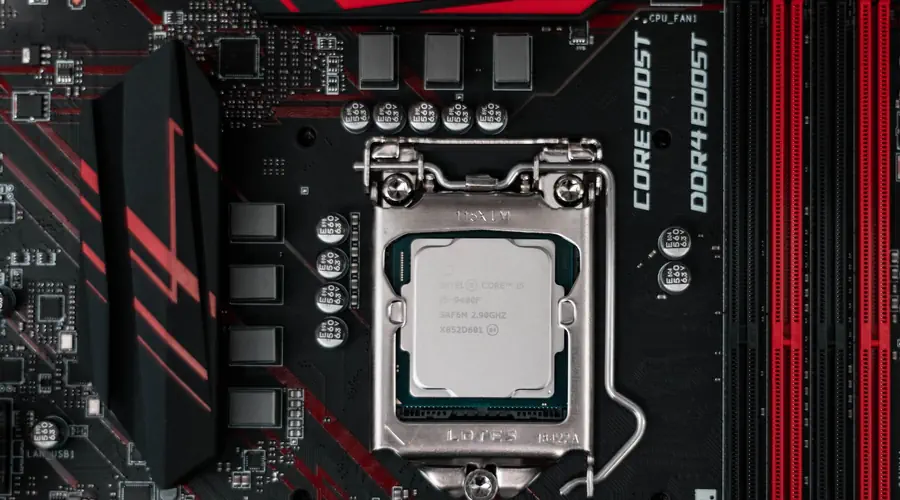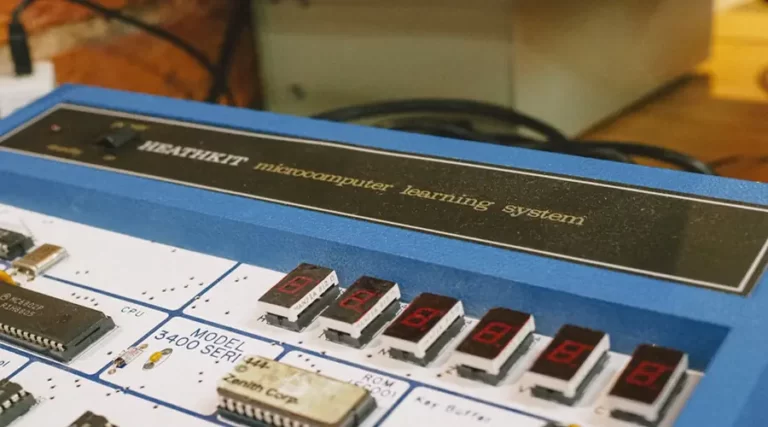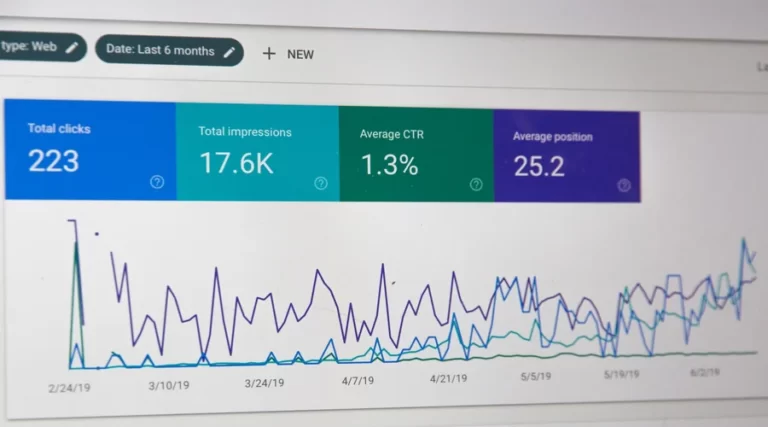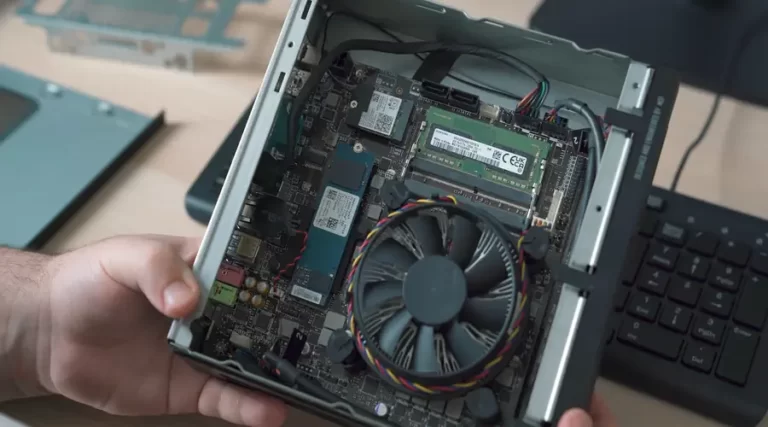What Is Considered a Good Processor Speed for a Laptop?

Many people often wonder what the ideal processor speed should be when selecting a laptop. There are several things to take into account, including the laptop’s intended purpose, the budget, and the necessary performance. In this article, we’ll explore in detail what defines an ideal processor speed for a laptop.
What Is the Function of the Processor?
A processor is the central processing unit (CPU) and the primary component of a computer. It is also known as the “brain” of the computer. Its task is to execute instructions and perform calculations such as running software programs, browsing the web, playing videos, etc. The speed of a laptop mainly depends on the speed and performance of a processor making it an important factor to consider when choosing a laptop.
Factors on Which Processor Speed Depends
Clock Speed
Clock speed, which is measured in GHz (gigahertz), is the most common way of measuring a processor’s speed. It determines the number of clock cycles your processor can execute in one second. High-speed processors always have higher clock speeds, as the processor can execute more instructions per second.
When determining processor speed, clock speed is not the only factor to consider. Other factors that contribute to the speed of the processor include the number of cores, cache size, the architecture of the processor, and bus width. To determine the best processor for a specific usage scenario, it’s important to consider the clock speed in combination with these other factors.
Processor Cores
Cores in a processor refer to the number of processing units within a laptop’s central processing unit. You can consider each core as a separate processing unit that can run multiple tasks at a time. Processor speed also depends on the number of cores, as more cores allow for more tasks to be executed at the same time.
For the last decade, Intel and AMD are making multi-core processors, with many laptops now featuring quad-core or more processors. A multi-core processor significantly improves a laptop’s overall speed and performance for demanding tasks such as gaming, video editing, and multitasking.
Number of Threads
Unlike the core which is a physical component of a processor, threads are the virtual component of a processor. It breaks down larger tasks into smaller, manageable chunks and executes these tasks on different cores at a time. This increases the overall efficiency and speed of a processor and results in faster completion times for complex tasks. Threads are often used to improve the performance of computationally intensive tasks.
Processor Cache Size
A cache is a small, high-speed memory storage located on the processor chip. Its function is to store the data or information that you use frequently such as browsers, apps, or any file that you use daily. With the help of a cache, the processor quickly accesses the frequently used data instead of retrieving it from the main memory. This increases the execution time of the files or apps that you use frequently.
Have you ever noticed when you open a program for the first time and it takes a long time to load? And when you open it for the second time, it loads quickly? Yes, thanks to the cache memory that stores the frequently used data and executes it quickly the next time when you access it.
A large cache size stores more data and help the processor access the data more quickly. This results in improved processor speed and performance, especially when loading demanding applications. The processor cache size is in megabytes (MB) and can range from a few MBs to several dozen MBs.
Bus Width
Bus width refers to the number of bits that can be transmitted to the processor at a time. It is an important factor that impacts the processor’s speed and performance. A wider bus width allows for faster communication between the processor and other components such as memory and input/output devices. The most common bus widths are 64-bit and 128-bit, with 128-bit offering higher performance.
What Is Considered a Good Processor Speed for a Laptop?
A good processor speed for a laptop depends on its intended use. Generally, a clock speed of 2.0 GHz to 3.0 GHz is suitable for most daily tasks. More demanding tasks such as video editing or gaming may require a faster clock speed of 3.5 GHz or above. Overall, 2.5 to 3.5 GHz is a good processor speed for a laptop along with quad-cores and at least 8 threads.
What Is the Ideal Processor Speed for Home or Personal Laptops?
The ideal processor speed for home or personal laptops is around 2.5GHz to 3.0 GHz. A dual-core processor with hyper-threading technology (providing 4 threads) should suffice for most everyday tasks such as web browsing, word processing, and media playback.
What Is the Ideal Processor Speed for Business Laptops?
The Ideal processor speed for business laptops is around 3.0 GHz to 3.5 GHz with 4 cores and 8 threads. Business laptops typically require higher processing power for tasks such as running financial software, modeling software, and multi-tasking with multiple applications open.
What Is the Ideal Processor Speed for Workstation Laptops?
The Ideal processor speed for workstation laptops is around 3.2 GHz to 4.0 GHz with 4-6 cores and 8-12 threads. High-end workstation laptops may have even faster processors with more cores and threads to handle demanding tasks such as video editing, 3D rendering, and scientific simulations.
What Is the Ideal Processor Speed for Gaming Laptops?
The ideal processor speed for a gaming laptop would be around 3.5GHz to 4.2GHz, with a minimum of 8 cores and 12-16 threads. A higher clock speed and more cores and threads guarantee the better speed and allow the laptop to handle demanding games with ease.
Don’t forget that the GPU and RAM also play a significant role in gaming performance. So it’s important to consider all components when building a gaming laptop.
Conclusion
So a good processor speed would be around 3.5 GHz on average. The ideal processor speed for a laptop depends on the intended use of the device. It is also important to consider other factors such as the processor cache size, number of cores, threads, and bus width to ensure a well-rounded and efficient performance and speed.






